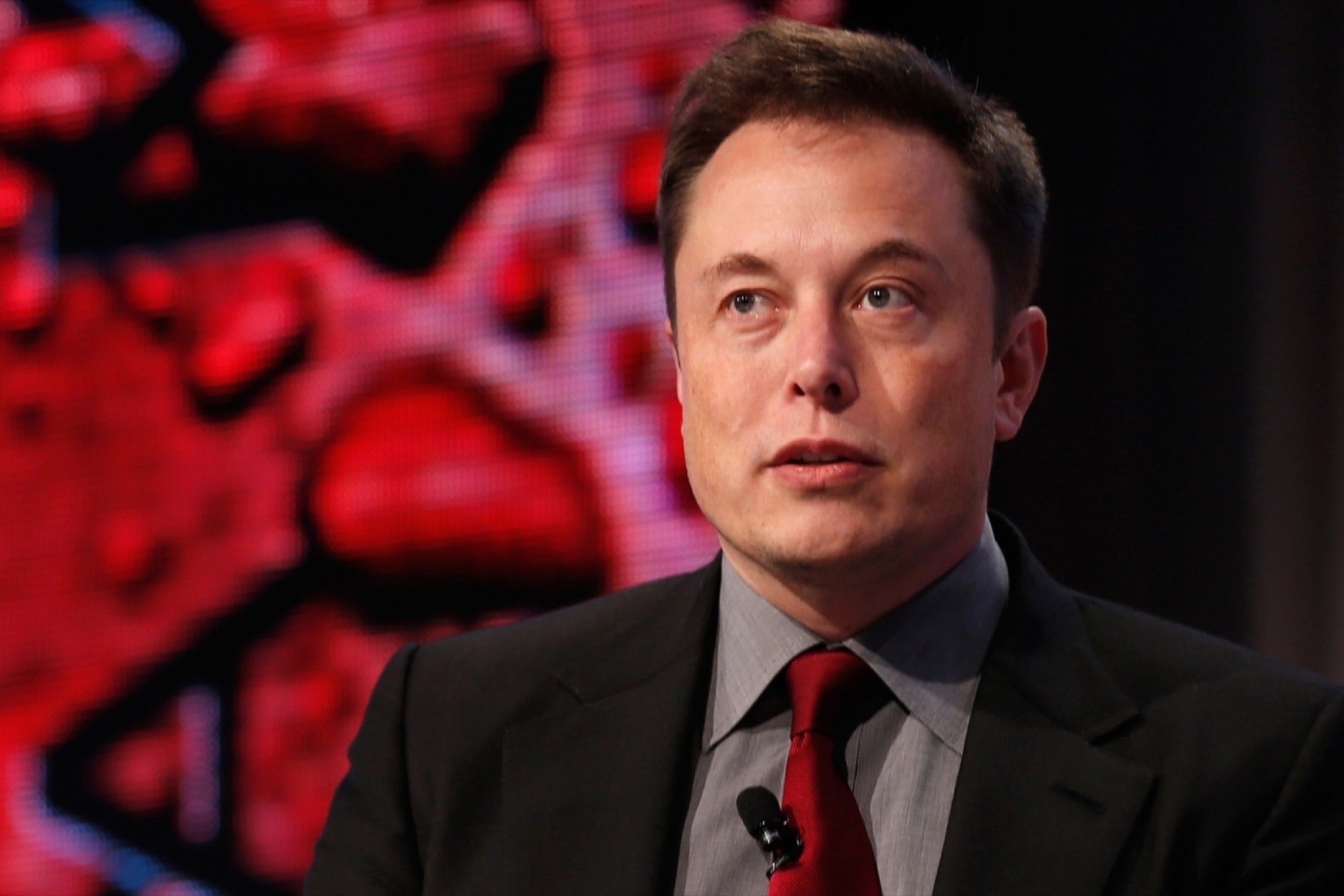Elon Musk Threatens Layoffs After Tesla Sold Just 120 Cars in China Last Month Many Tesla owners in China, which Musk has said is a market rife with potential, complain of an inadequate charging infrastructure.
By Geoff Weiss
Opinions expressed by Entrepreneur contributors are their own.

Though initially heralded by Elon Musk as Tesla's biggest potential market after the United States, China is shaping up to be an enormous blind spot for the electric car maker.
Tesla sold just 120 cars in China last month, according to Reuters -- a dismal figure that has Musk seeing red. He allegedly blasted out an email to managers in China in January threatening to fire and demote executives who were "not on a clear path to positive long-term cash flow."
And so it is. Today, June Jin, Tesla's vice president of communications in China, has left the company, Bloomberg confirms -- following the departure of president Veronica Wu in December.
Weak sales in China are particularly troubling for Tesla -- which will report its fourth quarter earnings today -- because Musk has previously said that car sales there could rival the US by 2015, and that the two countries would comprise its largest markets, according to Reuters.
Related: Tesla Takes Big Bite of Apple's Staff With Over 150 Total Poaches
At an auto conference in Detroit on Jan. 13, Musk first hinted that sales in China were "unexpectedly weak," causing shares in the company to drop 7 percent.
Tesla initially entered China in 2013 and only vends one product there, the Model S sedan, which retails for roughly $121,000 ($70,000 in the U.S.). Though Tesla may seem like a perfect fit for a country with the second-highest number of millionaires in the world, as well as a notorious smog problem, many owners in China complain of being unable to find charging stations, according to The New York Times.
There are currently 52 total Supercharger stations in 20 Chinese cities, which fully charge the cars in one hour -- compared to 120 such stations in Europe and over 150 in the U.S. And unlike in America, where a majority of car owners live in houses with garages, "the majority of Chinese urban housing consists of low-rise multifamily units," the Times reports, making it difficult to recharge at home.
Other reasons the company could be faltering in China include the government's "official bias toward bolstering homegrown competition," according to the Times, as well as scalpers, who tend to buy new cars early on and resell them, thus deflating actual sales figures.







